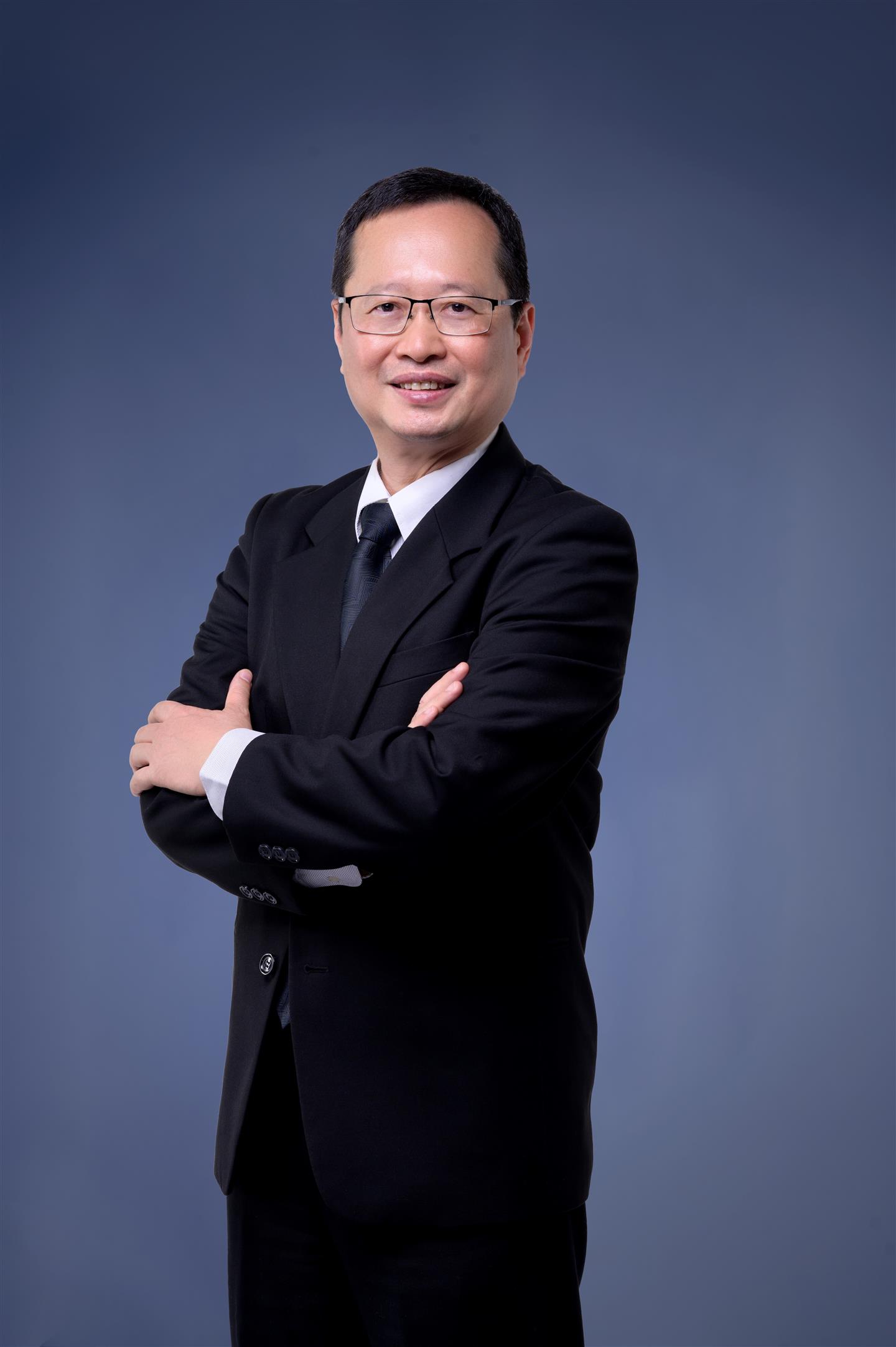Rob Law, Professor of Intelligent Tourism: "AI needs to go through a trial-and-error phase."

Fotografía de Rob Law.
We spoke with Dr. Rob Law, speaker at the V CETT Smart Tourism Congress Barcelona, to learn about the latest trends in smart tourism and how to introduce artificial intelligence into academic and professional activities in the tourism sector.
Prof. Rob Law is University of Macau Development Foundation Chair Professor of Smart Tourism and an Honorary Professor at several prestigious universities. Throughout his career, he has received 110 research-related awards and recognitions and millions of dollars in internal and external research grants. He has also edited four books, published more than 1,000 articles, and his publications have received more than 77,000 citations.
- How is AI changing the travel industry, and what changes would you highlight in recent years?
From theory to practice, and from laboratory to industry/applications
- How can AI help personalize the tourism experience? Can you give an example of a successful implementation?
ChatGPT would be a good example. People can seek personal advice from AI for their trips.
- One of the key challenges in tourism today is sustainability. What is the role of artificial intelligence in promoting more sustainable and responsible tourism practices for both tourists and destinations?
AI is still evolving, and it could be a bit too early to comment on the relationship between AI and sustainability. I guess AI, like other technologies, needs to go through a trial-and-error process. As an example, the answer to the same question from ChatGPT would be different in 2025 as compared to the first version.
- From your academic perspective and as a research leader, how important is training in artificial intelligence for future tourism professionals?
I assume this is for education. To my knowledge, most tourism programes worldwide have courses on AI-related subject contents. In other words, academic institutes are training “future tourism professionals” with AI (or related) knowledge/skills. Such an approach is important because the tourism industry would need more professionals to use AI at work.
- To ensure that future professionals are prepared to meet the challenges of the industry, how should universities integrate artificial intelligence into tourism education programs?
In addition to including AI in their course contents, universities can support faculty members and postgraduate students to carry out AI projects that can advance knowledge and applications. Organizing or attending international events/seminars/symposia/conferences would enable university faculty members and post-graduate students to better understand the latest developments in different sectors and geographical regions.
- What do you see as the challenges and opportunities for researchers, companies and governments to realize the full potential of the industry?
Challenges would be the reluctance, or at times resistance, from some stakeholders due to various reasons (e.g. uncertain return on investment, unclear policies, and unknown reactions from consumers). Opportunities would be some unprecedented benefits that AI can bring to the industry.
- With an academic career that includes more than 1,000 published articles and more than 77,000 citations, what do you see as the key to your success as a researcher, and what advice would you give to young academics who want to follow in your footsteps?
Personally, I would classify myself as a “lucky” rather than “successful” researcher. My “secret” way to have the numbers includes: work hard, be curious and don’t be afraid to challenge the existing knowledge. After all, new ideas and knowledge often come from curiosity. Additionally, it is important to work with, and learn from, others. Group works is always more rewarding than doing everything by yourself. I said “lucky” because I receive strong support from the University of Macau, and Macau is an excellent place for smart tourism researchers to test the potential applications of their research findings.